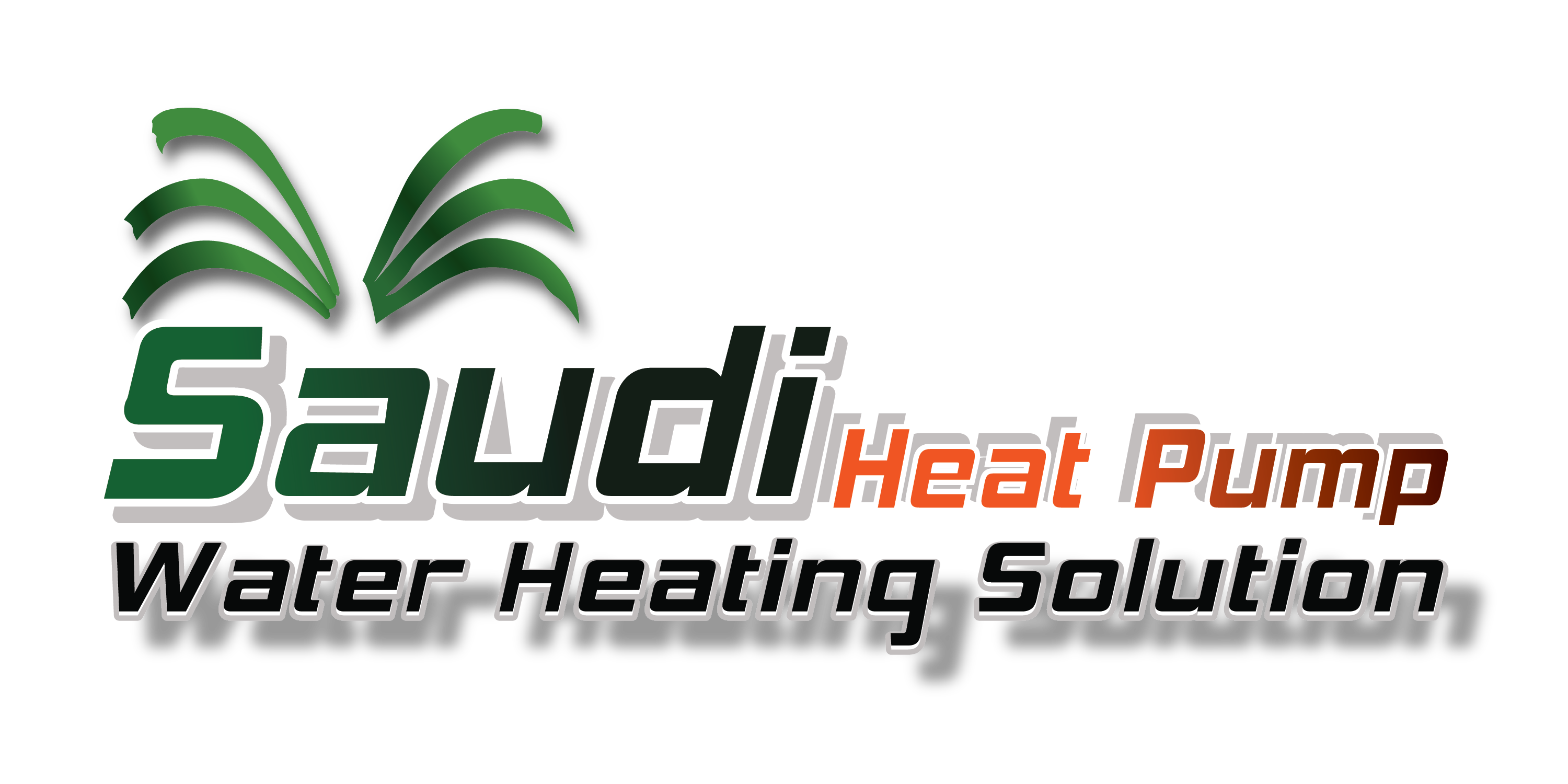FAQ's
What is a Heat Pump?
A heat pump is a standalone, two-component appliance that uses refrigeration technology and electricity to
provide heating and cooling for homes, businesses, and other applications. A heat pump has two components – a condenser which produces the heating or cooling, and an indoor unit that passes hot or cool air into the home. The condenser and air handler are separated or “split” by refrigerant line, heat pumps may sometimes be referred to as “mini-splits.” Heat pumps offer extraordinarily high-efficiency rates
provide heating and cooling for homes, businesses, and other applications. A heat pump has two components – a condenser which produces the heating or cooling, and an indoor unit that passes hot or cool air into the home. The condenser and air handler are separated or “split” by refrigerant line, heat pumps may sometimes be referred to as “mini-splits.” Heat pumps offer extraordinarily high-efficiency rates
How does a Heat Pump Work?
A heat pump uses electricity and refrigerant to move heat from one location to another. When there is a call for heat, the heat pump will turn on the fan in the outdoor unit to begin the process of extracting heat from the air outside of your home. The refrigerant line carries this heat to the indoor unit, which then transfers the heat to the air inside of your home via an indoor unit fan. In cooling mode the process is reversed, transferring heat out of your home and returning cool air to the inside.
How Many Types of Heat Pumps Exist and what are they?
There are three main types of heat pumps:
Air source heat pumps that take the heat from the air
Ground source heat pumps that extract it from the ground where the temperature is quite constant, regardless of the temperature above the ground.
Water source heat pump operates much like a traditional air source heat pump except that it extracts and dissipates heat by way of water instead of air.
Air source heat pumps that take the heat from the air
Ground source heat pumps that extract it from the ground where the temperature is quite constant, regardless of the temperature above the ground.
Water source heat pump operates much like a traditional air source heat pump except that it extracts and dissipates heat by way of water instead of air.
What is the Industrial use of Heat Pumps?
Heat pumps are essential in industrial heating solutions, supplied by either district heating, surplus heat
from the industrial processes or wind power. Re-using the process energy for space heating and hot water is
an attractive short-cut to significant energy savings and a sustainable future with added advantages like
Low energy consumption reduced applied costs, short payback time and easy service
from the industrial processes or wind power. Re-using the process energy for space heating and hot water is
an attractive short-cut to significant energy savings and a sustainable future with added advantages like
Low energy consumption reduced applied costs, short payback time and easy service
The averagWhat is COP?e lifespan of a heat pump is 15 to 20 years if they are constantly being monitored and preven
The average lifespan of a heat pump is 15 to 20 years if they are constantly being monitored and preventive
maintenance is performed.
maintenance is performed.
How Long Will a Heat Pump Last?
The average lifespan of a heat pump is 15 to 20 years if they are constantly being monitored and preventive
maintenance is performed.
maintenance is performed.
